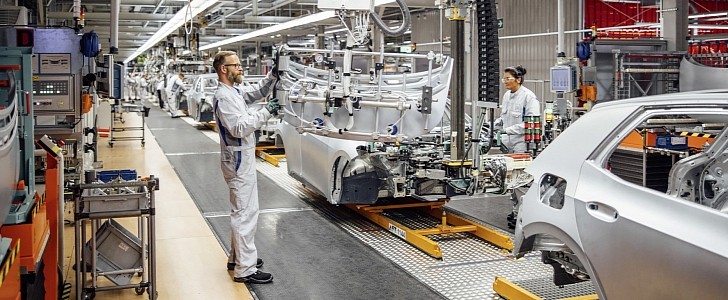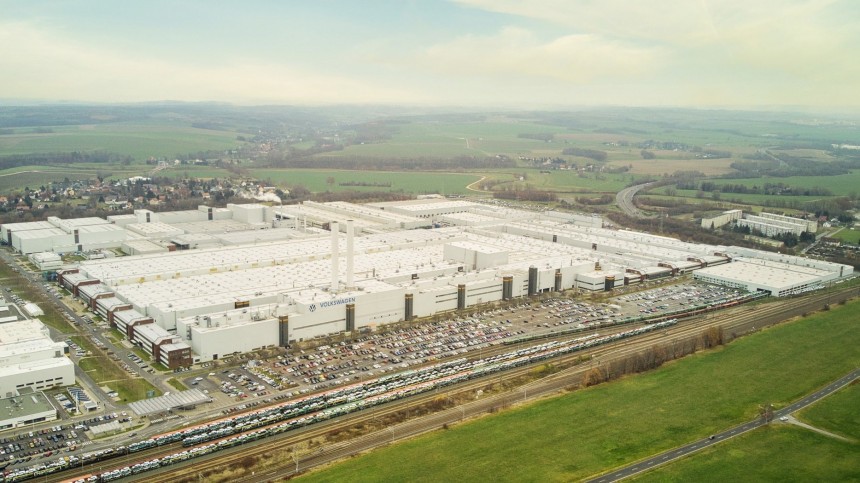As W. Edward Deming once said, “it is not necessary to change. Survival is not mandatory.” For everyone that thinks it is desirable, change is a must, but at what pace? This is what we asked Winfried Hermann, Minister of Transport in Baden-Württemberg, in our last round of interviews promoted by CLEW (Clean Energy Wire).
This German journalism organization aims to incentivize news about the energy transition going around worldwide and promoted the digital research tour “The future of the European car industry: the challenge of industrial transformation.” We were among the 15 selected journalists to cover that. Despite the name of the event, the challenge and its outcomes are global.
We asked Hermann how governments and politicians made sure they were not pushing the automotive industry too hard in decarbonizing. It is essential to have electromobility, but the automotive industry keeps asking for more time to adapt. Hermann’s answer was interesting.
“Politics is balance. Governments will push the change, but they can’t push very hard. If they are too ambitious, they may kill companies and jobs. We have to set a framework that is ambitious enough to promote change preserving the economy. We have the political responsibility for the shift, and we have to create a sustainable transportation system.”
That can be really tricky: more than half of automotive companies in Germany do not have a strategy to move to electromobility, which may make them just vanish when it happens. Apart from setting goals, the government also has to understand if these companies are willing to survive. If they are, it has to help them find a way to get there.
Hermann is affiliated with the Bündnis 90/Die Grünen political party, also known as Alliance 90/The Greens. Asked if he just did not want to see cars around, he found a witty way to express his ideas.
“We want less traffic and more mobility. Cars are necessary, but they have to be used rationally. They are great to visit family in distant cities or for vacation trips, but you should not need one to go to your neighborhood bakery.”
We asked Hermann how governments and politicians made sure they were not pushing the automotive industry too hard in decarbonizing. It is essential to have electromobility, but the automotive industry keeps asking for more time to adapt. Hermann’s answer was interesting.
“Politics is balance. Governments will push the change, but they can’t push very hard. If they are too ambitious, they may kill companies and jobs. We have to set a framework that is ambitious enough to promote change preserving the economy. We have the political responsibility for the shift, and we have to create a sustainable transportation system.”
Hermann is affiliated with the Bündnis 90/Die Grünen political party, also known as Alliance 90/The Greens. Asked if he just did not want to see cars around, he found a witty way to express his ideas.
“We want less traffic and more mobility. Cars are necessary, but they have to be used rationally. They are great to visit family in distant cities or for vacation trips, but you should not need one to go to your neighborhood bakery.”













